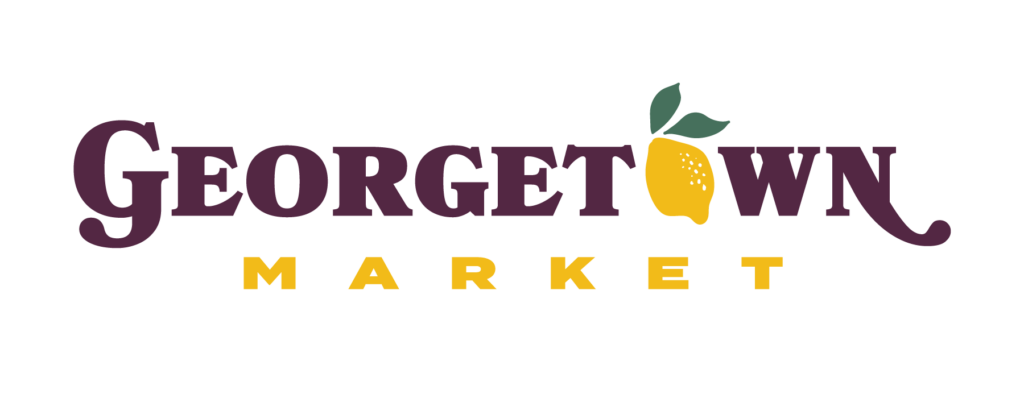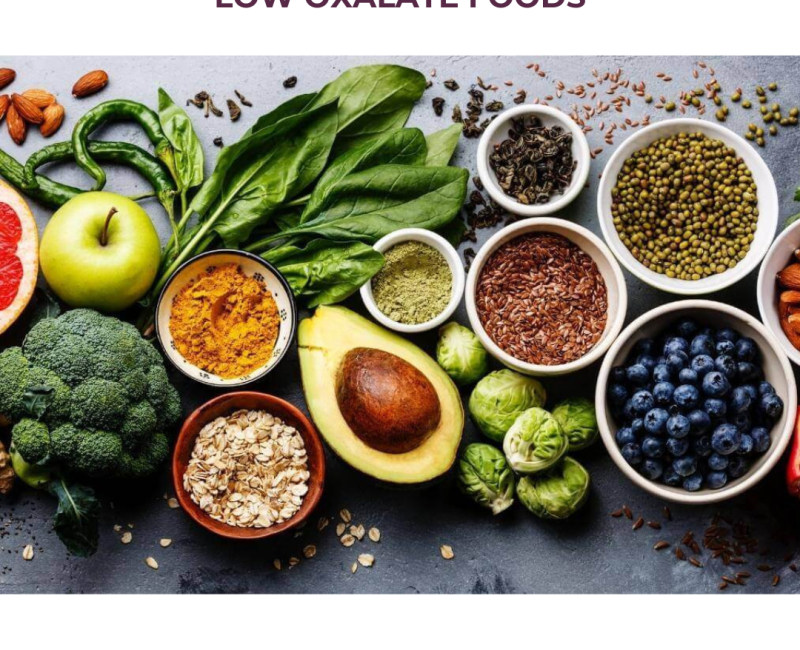Last month I wrote about how oxalates found in many popular plant foods can make you sick. Read the article here. This month I will discuss which foods are low in oxalate, how to adopt a healthful low-oxalate diet, supplement suggestions for minerals and B complex vitamins that are depleted by oxalate overload, and more. To reverse damage from oxalates, the first step is to reduce oxalate intake by reducing the consumption of high oxalate foods listed in Sally Norton’s book, “Toxic Superfoods”. To get a basic idea of which foods are high in oxalates and which are low, please refer to the resource listings in Norton’s book. Examples of low-oxalate foods and drinks are meats, dairy, butter, eggs, coconut milk, herbal teas, flax crackers, apples, blueberries, cucumber, asparagus, and many more.
Eating a low-oxalate diet is simple. Determine the high-oxalate foods in your diet and gradually replace them with lower-oxalate alternatives. If you have been on a high-oxalate diet for many years, or are suffering from symptoms, transition slowly by lowering your oxalate intake. It is not recommended to adopt a low-oxalate diet initially. The next phase is to carefully move into the low-oxalate diet which is basically consuming no more than 60 mg of oxalate per meal. Please understand that it is normal to experience symptoms as the body eliminates oxalates. This can be a very slow process that requires patience.
Supplements are very beneficial because oxalates often bind with minerals and deplete nutrients. Nutrients are critically needed to safely escort oxalate out of the body. Key supplements are calcium, magnesium, potassium, sodium (choose Real Salt or Himalayan pink salt), sulfur (MSM), silica, trace minerals, thiamin (B3), biotin, and B6 (P-5-P). It is very important to drink quality water. Fresh lemon juice is very beneficial. Please note that Norton recommends taking Vitamin C, but no more than approximately 250mg daily. High doses of Vitamin C may raise oxalate levels.
Understanding oxalates in our food is a rather complex subject, and I highly recommend doing your own research and buying Norton’s book, Toxic Superfoods. Do a search for Dr. Mercola’s podcast with Sally Norton which is very informative. Send your questions to rickATgeorgetownmarket.com.
{DISCLAIMER: The information provided has not been evaluated by the FDA and is not intended to treat, diagnose, cure, or prevent any disease. It is not a substitute for the advice of a qualified healthcare practitioner.}



